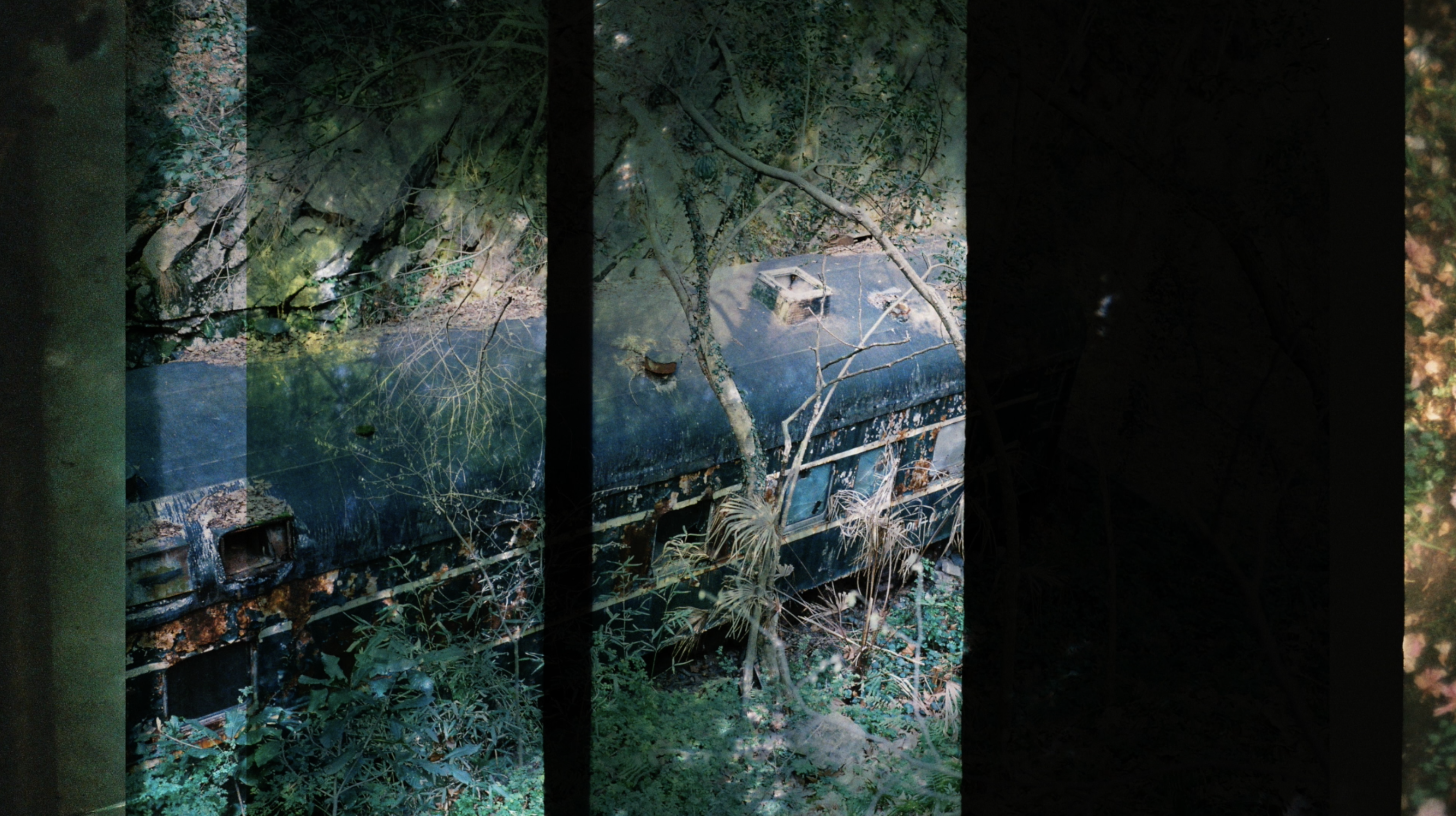
In Trip to Lost Days (2022, screened as part of YIDFF 2023’s New Asian Currents), director Shen Ruilan makes the audience feel like they are on a dream-like train ride exploring memory through the eyes of Xiao He, a former train attendant seeking to become a monk in China. As someone who has physically traveled miles of distances in his career, Xiao He translates the emotional journeys of the people he meets on his travels throughout the region. To aid the viewer’s transition through past and present, Shen utilizes the ways color, movement, and sound can expand the dreamscape medium she is exploring. Each decision feels intentional, such as when she oscillates between black and white scenes and brief color sequences, sometimes inverting an image to create a jarring, alternate-worldly effect, or when she decides to use digital or analog images for her own poetic interpretation of the narration. At times, you feel like you can personally relate to Xiao He in his soft-spoken yet resolved manner; other times, you take the role of an observer, watching scenic greens pop through the car windows as the train of memory speeds by in front of you, mimicking a film reel constantly in motion.
Perhaps the tension between how remembering or forgetting can determine the fate of a memory is best encapsulated in the midpoint of the film. “I just want to keep the right to forget,” Xiao He says in response to confronting the threat of dementia. We can’t help but immediately recall his late grandfather’s story of village people who played music by the river and his statement that memory is only lost if it is forgotten. This push and pull is ever present in Xiao He’s pursuit of memory: the Buddhist chants he performs with elder practitioners feels more sacred with the context that fewer young people are practicing; in another scene, we see a presumed childhood memory unfold in the valley of a mountain range as he recalls an acquaintance from school who faded from his memory like an extra in a movie.
As Xiao He passes through place to place, his small figure is juxtaposed against vast landscapes, a sight that portrays deep solitude against an environment rich with history. Throughout the film, time seems to exist only in small, detailed moments that pass just as soon as we become aware of them, strung together by the soothing monotony of train noises. Although the train moves in one direction, the stories of loss and remembrance feel cyclical. To choose to forget is to decide what to remember. For someone like Xiao He who is the carrier of other people’s memories as well as his own, consciousness becomes like a dream in motion, a feeling the audience understands by the end of the ride, as the light shuts off and the dust lingers in the air.
Hope Davison
![ドキュ山ライブ! [DOCU-YAMA LIVE!]](http://www.yidff-live.info/wp-content/themes/yidff-live_2017/images/header_sp_logo1.png)

